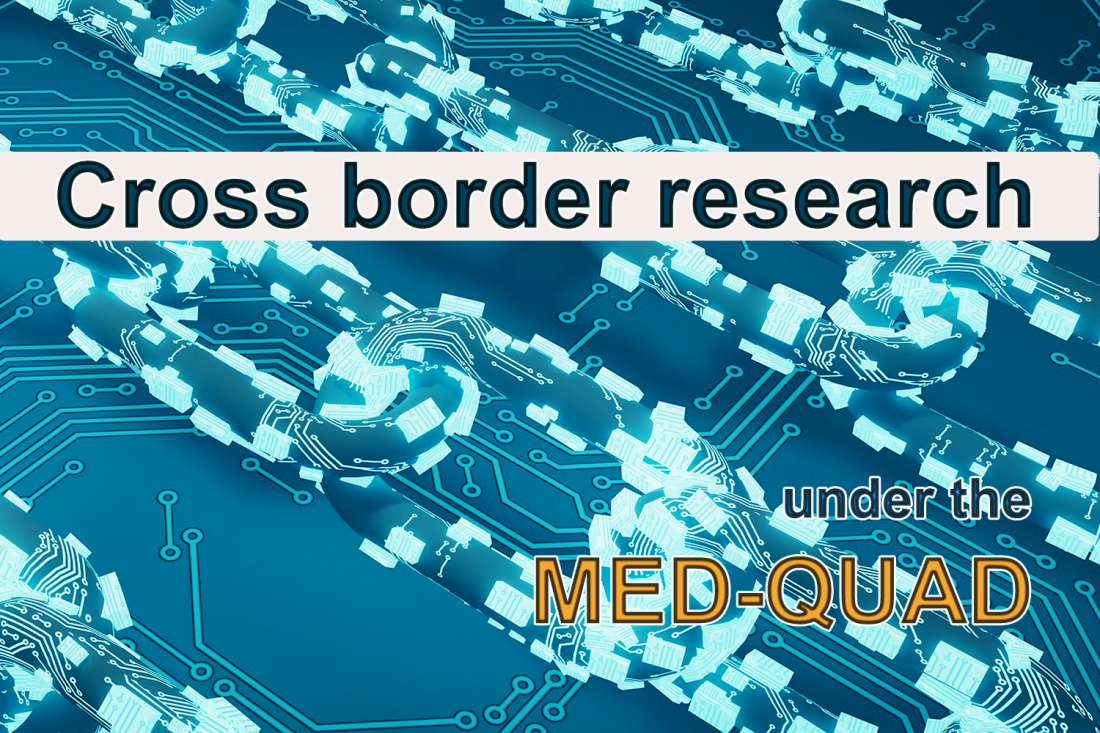MED-QUAD´s cross border collaboration yields promising results in sustainable biomethane research

The MED-QUAD project, involving cross-border collaboration between Al-Balqa Applied University and the Arab Academy for Science, Technology and Maritime Transport (respectively partners from Jordan and Egypt), has produced promising results in the field of research. The project's recent publication of a responsible research and innovation (RRI) paper titled "The Effects of Nanoparticles-Zerovalent Iron on Sustainable Biomethane Production through Co-Digestion of Olive Mill Wastewater and Chicken Manure" in Fermentation 2023, 9, 183 is an evidence to the project's success.
This joint effort highlights the potential of sharing knowledge, expertise, and resources between Mediterranean countries to drive advancements in research and development. The MED-QUAD project aims to create a "Quadruple Helix"of stakeholders from academia, government, industry, and civil society to promote innovation and entrepreneurship and address the region's socio-economic challenges.
The results of this research work provide significant commercialisation opportunities for the industry by adopting this technology born from responsible and innovative research. At the same time, the government can encourage the adoption of this technology through policies and regulations that promote the use of renewable energy sources and organic waste management, while society can benefit from increased availability of renewable energy and reduced environmental impact of waste management.
The success of this collaboration marks a crucial milestone towards achieving the MED-QUAD project's expected results, demonstrating the potential for cross-border collaboration and mutual benefits between Mediterranean countries. Prof. Rebhi Damseh, the representative of the AL-Balqa Applied University and MED-QUAD project in Jordan, highlighted that this project paves the way for creating a more robust quadruple helix of innovation and entrepreneurship, which would lead to job creation, economic growth, and addressing socio-economic challenges in the Mediterranean region.









